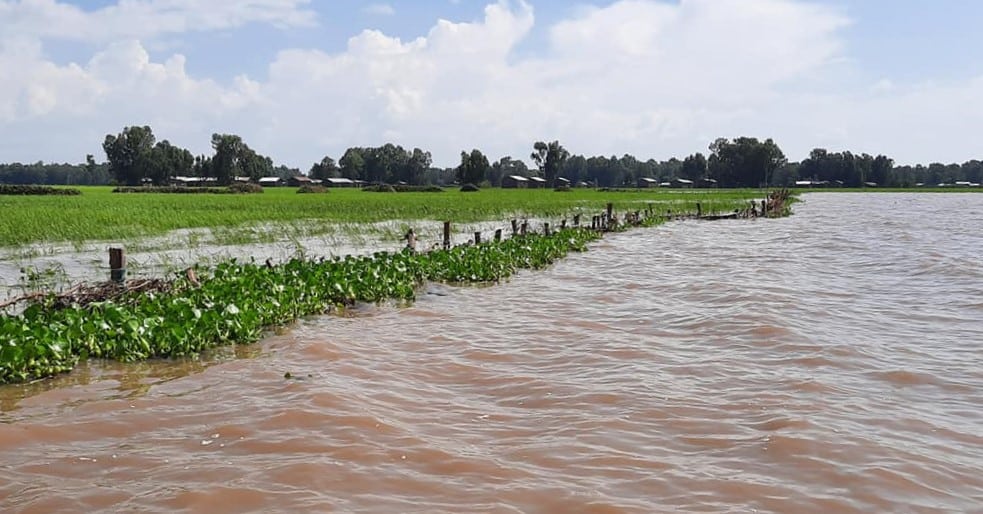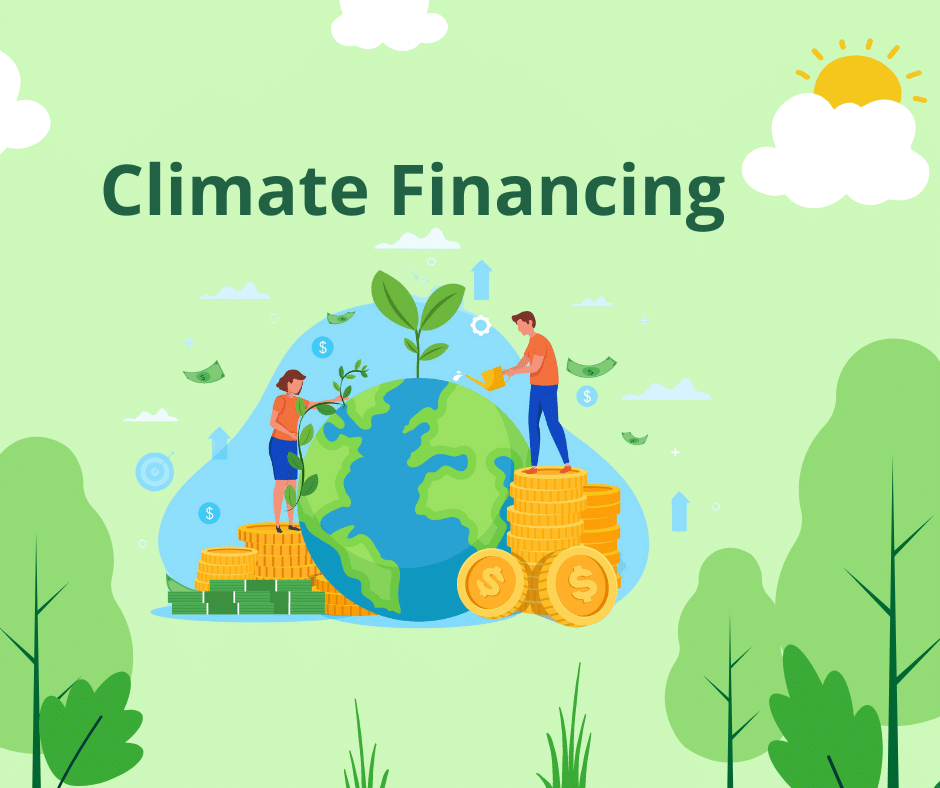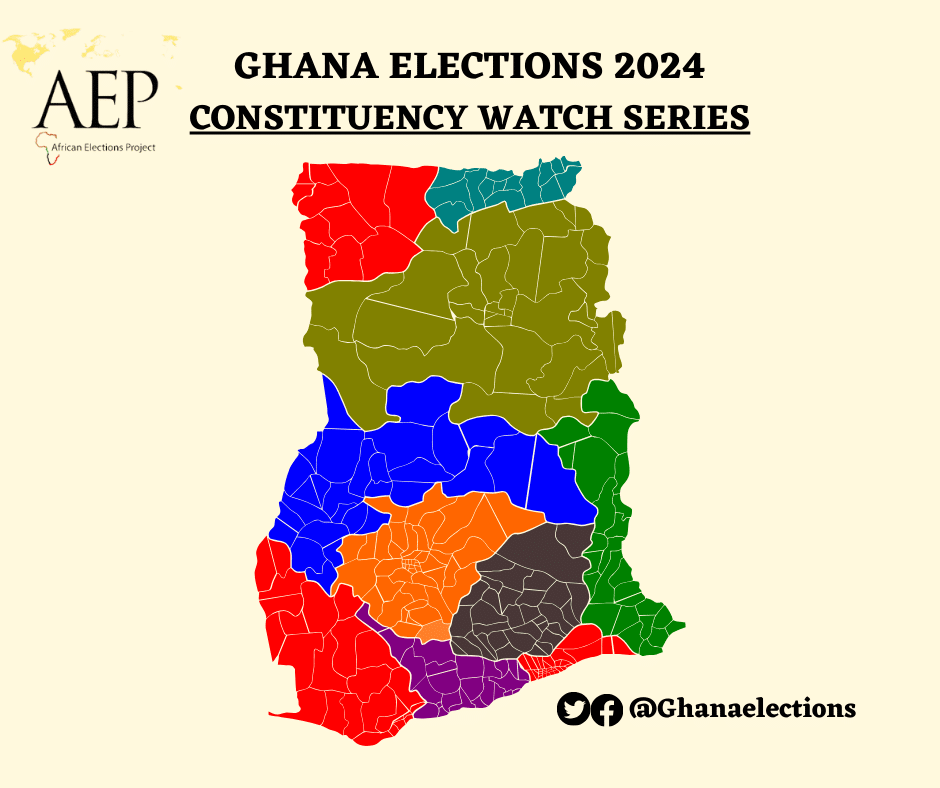Climate change is no longer a hypothetical threat; it has become an urgent global crisis that requires immediate attention and action. Although developing nations including Ghana contribute not more than 4% to carbon gas emission, these nations bear a large brunt of its impact.
Developing countries especially those within the southern hemisphere are disproportionately affected by climate change, having to deal with issues like increased instances of erratic rainfall, prolonged droughts, and rising sea levels, all of which pose significant threats to these countries’ agriculture sector, economy, and the overall social fabric.
In Ghana, these changes directly affect the livelihoods of many, particularly those in rural and deprived communities. The cities are also not spared; climate change is causing damages to infrastructure and livelihoods as a result of pollution and congestion hampering human capital and productivity.
In the face of all these challenges, Government remains committed in setting the tone for climate action in Ghana. Government through the Ministry of Environment, Science, Technology and Innovations (MESTI) and the Environmental Protection Agency (EPA) has and continues to implement a number of policies and programs aimed at addressing climate change issues.
Commitments such as the Nationally Determined Contributions (NDCs), National Climate Change Adaptation Strategy (2012), Ghana National Climate Change Policy (2013) are steps in the right direction, however, these initiatives need to be backed by actionable programs, legal frameworks, robust enforcement, and inclusive public participation.
In a few months, Ghana will be participating in the 28th Conference of Parties to the United Nations Climate Change Conference (COP28), expected to be held from November 30 to December 12, 2023, at Expo City in Dubai.
For many, the global platform has been described as a mere talk-shop for Ghanaian leaders, as very little is known of its impact. In view of this, Ghanaians are calling on the government to walk the talk in ensuring that the numerous policies and programs put in place to address climate change issues are implemented and enforced.
Although some success stories have been chalked, a deliberate investment in Ghana’s renewable energy infrastructure such as transitioning from hydro to solar and wind power can significantly reduce Ghana’s carbon footprint whiles at the same time enhancing the country’s energy security. Moreover, the promotion of climate-resilient agriculture has proven to be a crucial component of any comprehensive strategy aimed at addressing climate change. As such, sustainable land management practices and reforestation initiatives must be encouraged.
Beyond government’s efforts, the private sector in Ghana holds substantial influence and responsibility. Undoubtedly, Ghana’s private sector will be a critical partner in complimenting Government’s efforts in addressing climate change issues in Ghana. Across sectors, businesses and industries can promote greener initiatives. Banks, for instance, can be a potential source for clean infrastructure whiles business owners and entrepreneurs can provide the skills and innovations which would eventually lead to cleaner technologies and resource efficiency. Businesses and industries, ranging from agriculture to manufacturing, must actively be encouraged to incorporate sustainable practices into their operations. This shift not only reduces environmental impacts but can also create new avenues for economic growth and innovation.
Additionally, key stakeholders such as the media, civil society organizations and research/academic institutions must play the critical role of raising awareness, driving advocacy and holding duty bearers accountable. Public awareness campaigns on climate change, educational programs, and community-based projects can empower individuals to make informed decisions and demand meaningful action from the government.
Addressing climate change requires a global effort. Like many developing countries, Ghana has taken some steps to combat climate change by consolidating the development gains it has made through effective adaptation and also tapping into investment opportunities climate mitigation offer to the economy. International collaboration, partnerships, and funding mechanisms have been crucial in supporting Ghana’s endeavors. However, that is not enough.
The time for rhetoric is over! Climate change demands action, and Ghana must seize the opportunity to lead by example. It requires a holistic approach involving government commitment, private sector innovation, media, civil society engagement, and international collaboration. It is only through the collective efforts of these key stakeholders that Ghana can transcend lip service and embrace the bold actions necessary to secure a sustainable and prosperous future for generations to come.
#End#






